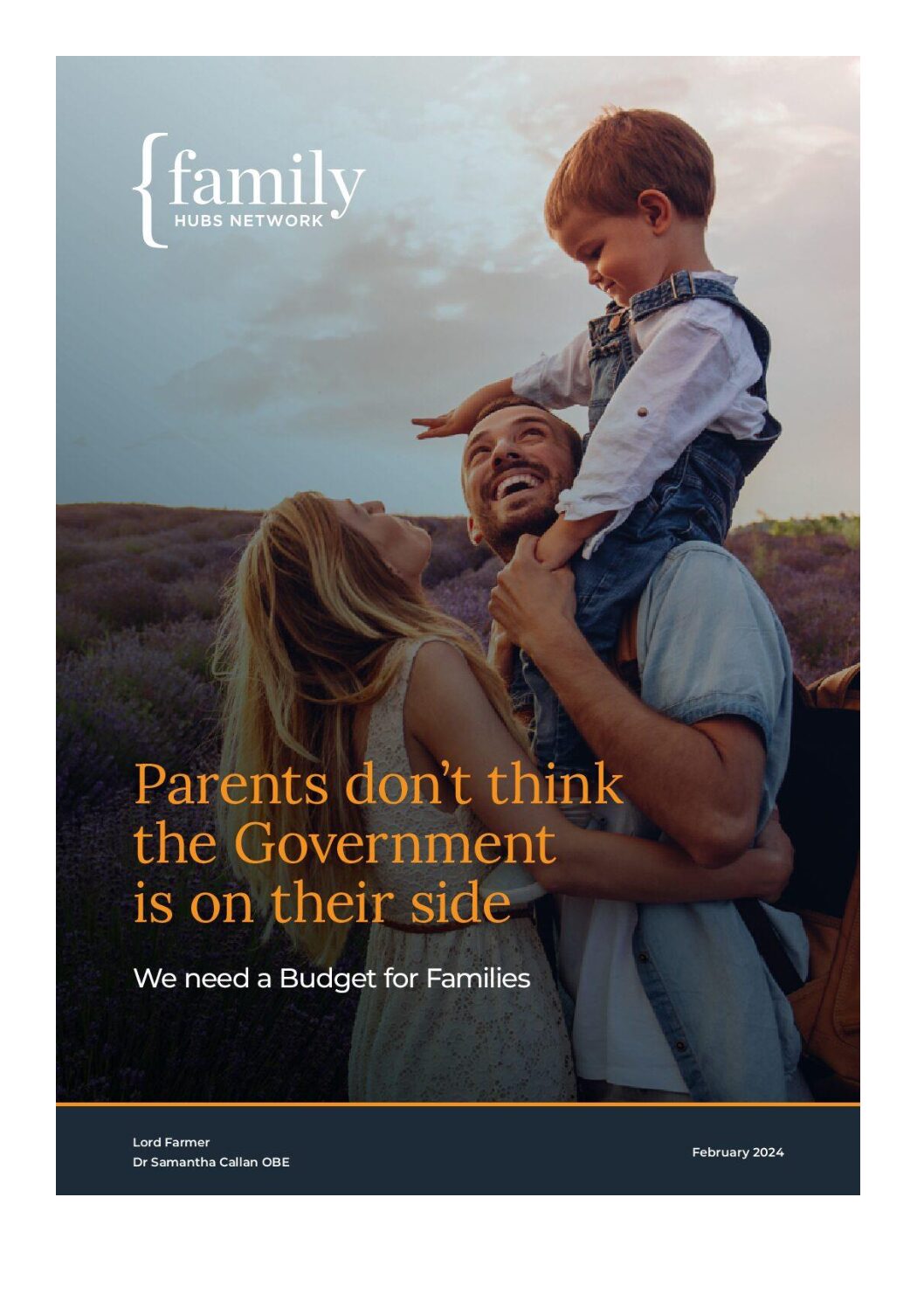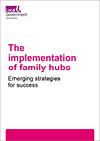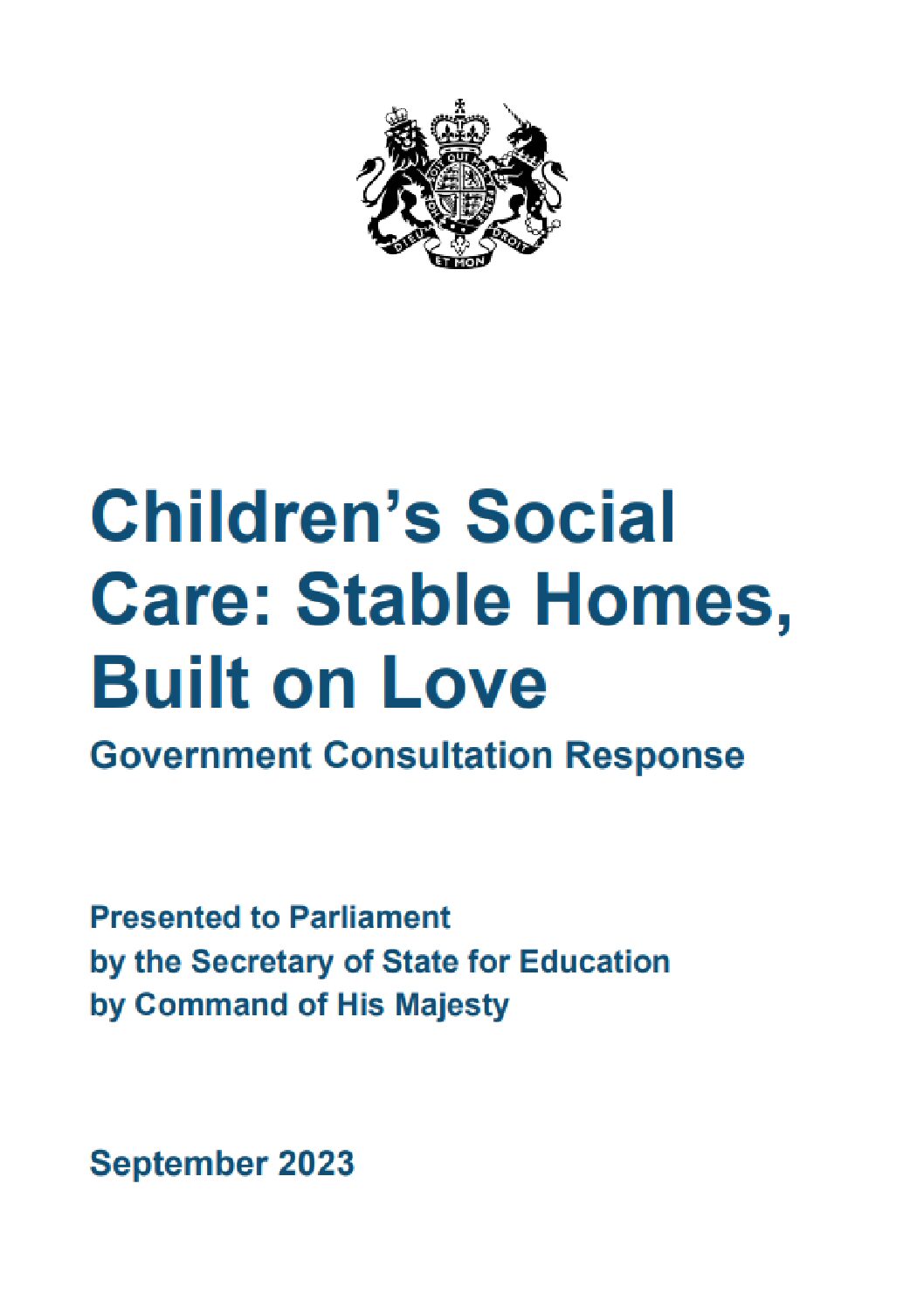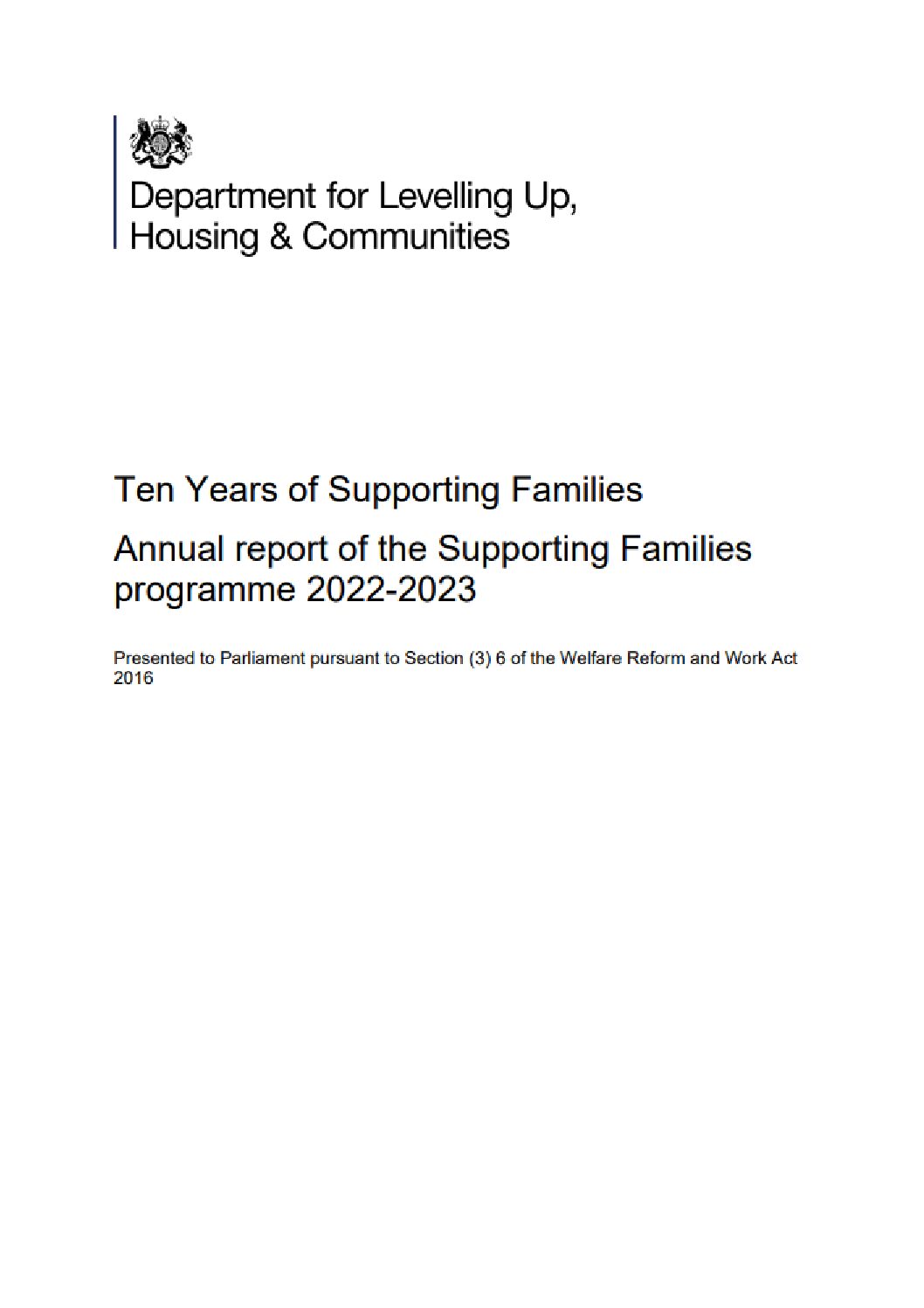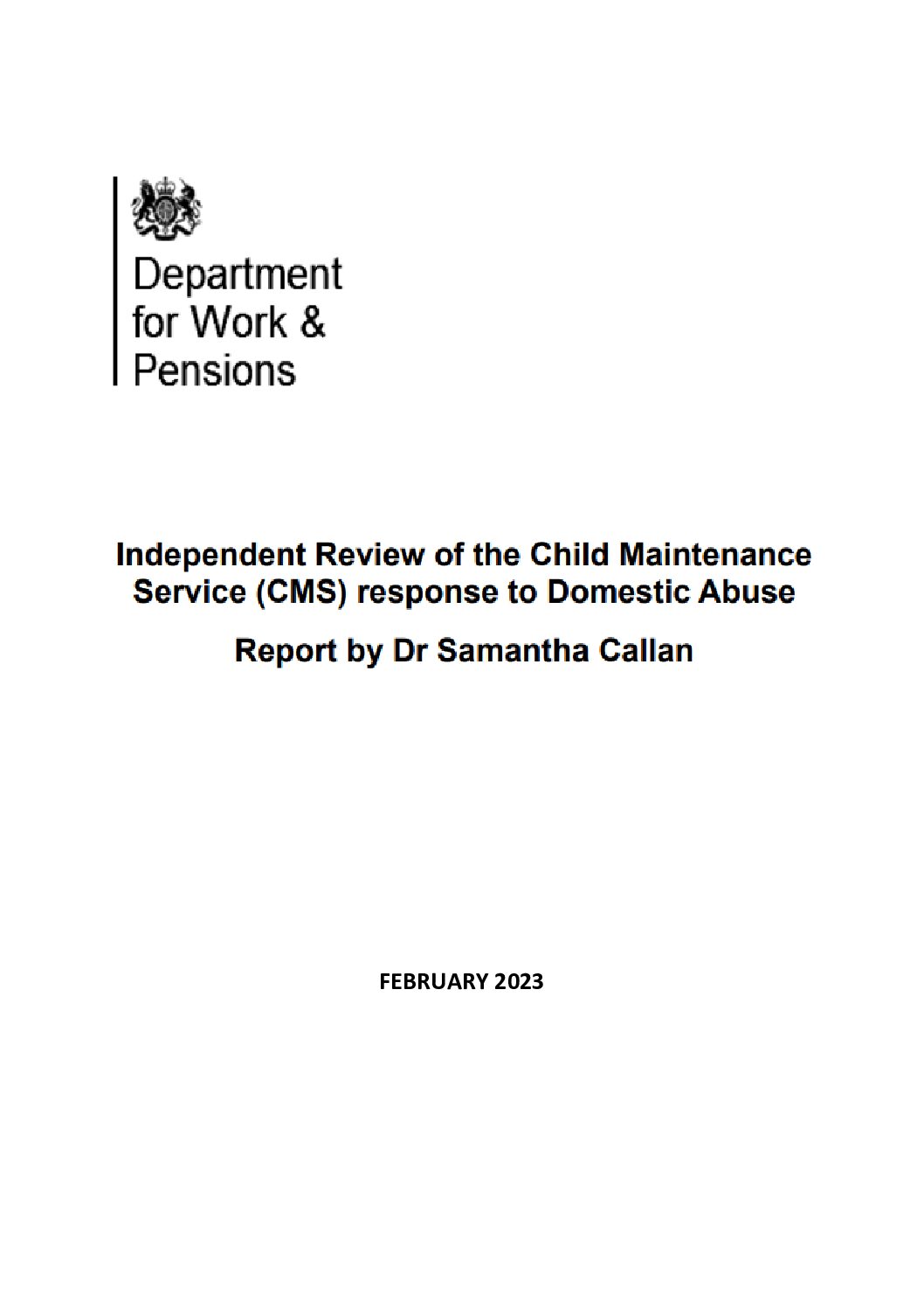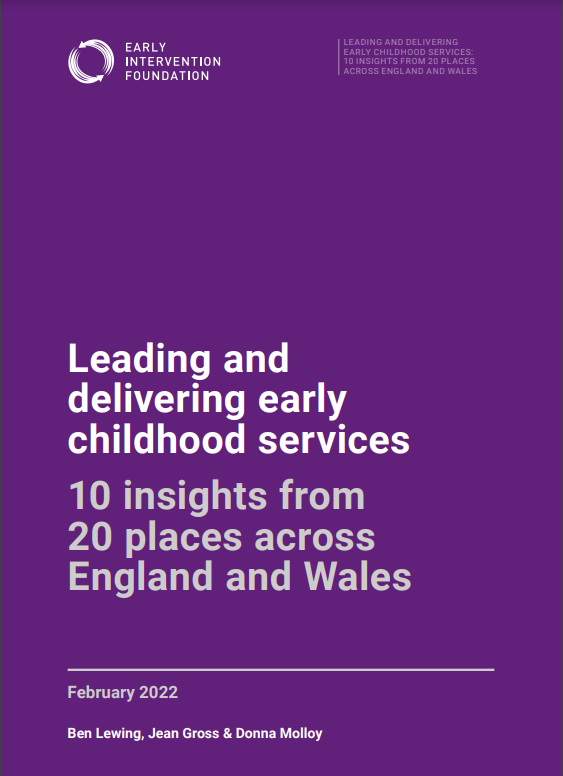We need a Budget for Families on March 6th: Parents don’t think the Government is on their side, Family Hubs Network polling finds
Publisher:
Family Hubs Network
Publication Date:
18th February 2024
Summary:
Over a third of the public (35 per cent) say cutting taxes for families should be priority for the Chancellor as 60% believe cost-of-living crisis has hit families with children hardest. This number rises to three quarters of young people aged 18-25, with very recent or ongoing experience of their parents’ financial challenges.
